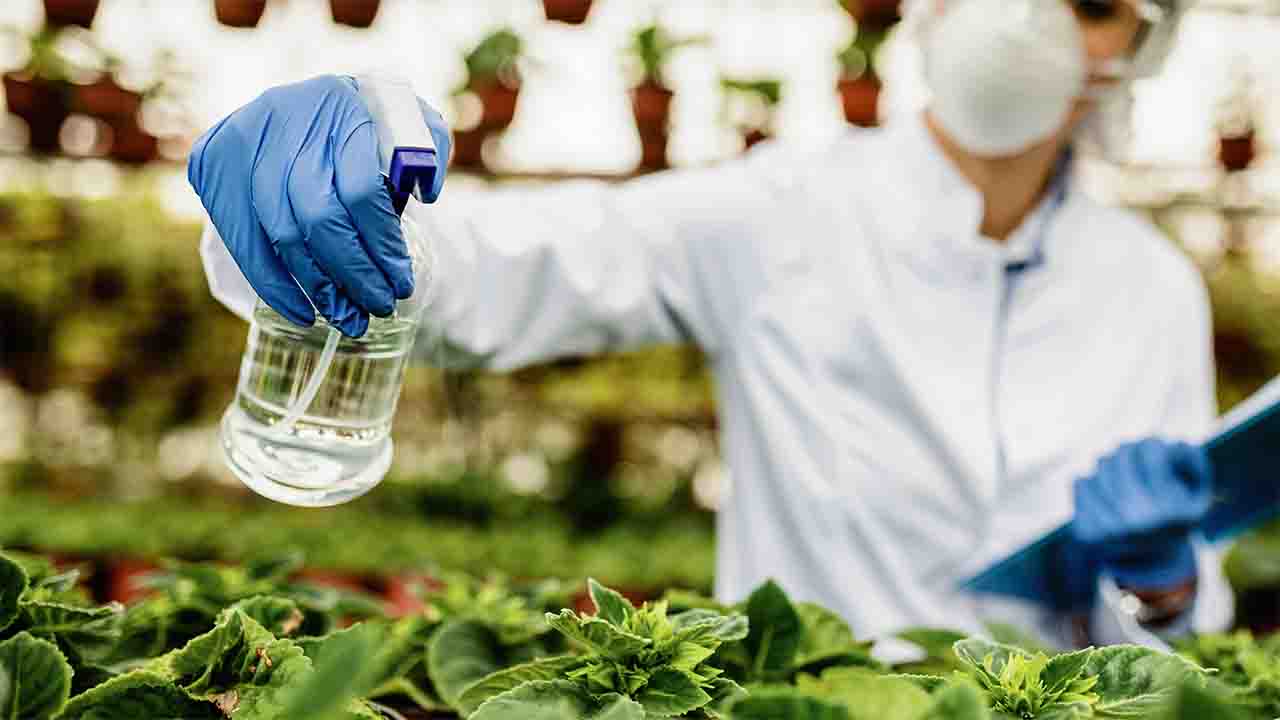Nuclear science and technology are pivotal in enhancing worldwide access to a safe, secure, and high-quality food supply. Scientists and farmers are consistently exploring innovative methods to cultivate crops and raise livestock through the use of nuclear technologies, which have been demonstrated to be both safe and effective.
In agriculture, nuclear techniques can have a transformative impact even before seeds are sown. One such technique involves the breeding of more resilient plant varieties. This is achieved by exposing seeds to radiation, selecting mutations that enhance their ability to thrive and withstand adverse conditions.
Additionally, nuclear techniques can be used to control the growth of harmful organisms. For instance, the Sterile Insect Technique, which relies on radiation. The Sterile Insect Technique involves mass-rearing insects, sterilizing them using ionizing radiation, and then releasing them back into pest-infested areas. This technique reduces insect reproduction and suppresses or eradicates established insect pests. Additionally, it can prevent the spread of invasive species. Importantly, the technique is safer for the environment and human health compared to the application of conventional insecticides.
Even after harvesting, nuclear science and technology continue to play a crucial role in enhancing food abundance and quality. Food irradiation, a technique employed for years, is used to enhance food safety and extend the shelf life of produce. By eliminating microorganisms and pests that lead to illness and spoilage, food irradiation ensures food safety without leaving any residual radiation.
Further, nuclear technology applied in crop breeding plays a critical role in developing improved varieties that can better adapt to climate change, thereby aiding vulnerable countries in ensuring their food and nutritional security.

By irradiating seeds with gamma rays, X-rays, ion beams, or electron beams, genetic changes can be initiated. This increased genetic diversity enables a broader selection of genetics for breeding methods. As a result, crop varieties can exhibit improved yield and quality, tolerance to drought, heat, or flooding, better resistance to pests and diseases, or shorter growth cycles.
On the other hand, despite being difficult to fathom, past nuclear fallout incidents are proving beneficial to scientists. Radioactive nuclides remaining in the environment after nuclear events are aiding scientists in measuring and assessing soil erosion. These nuclides enable scientists to evaluate soil health and erosion rates accurately.
Likewise, isotopic technologies, particularly in the nuclear field, play a crucial role in improving water use efficiency in agriculture. Given that agriculture is the primary consumer of freshwater resources, improved water management can have a profoundly positive impact on the sustainable use of these resources. Isotopic techniques can be used to:
1) Refine irrigation scheduling by closely monitoring soil conditions to minimize water losses
2) Optimize how crops absorb water from rainfall or irrigation
3) Aid in selecting crops with greater drought tolerance and higher water productivity
Improving irrigation scheduling is believed to have the most direct impact on water use efficiency. Substantial progress has already been achieved in water monitoring through isotopic technologies. Stable isotopes can measure the levels of oxygen, carbon, nitrogen, and hydrogen in soil, water, and plants, assisting in identifying nutrient sources and evenly distributing water and nutrients throughout the soil.
Nuclear science and technology are instrumental in ensuring the sustainability of agriculture, providing humanity with safer, higher-quality, and more abundant food. Genetic modification, pest control through sterilization, and improved water management are key areas where nuclear applications are making significant strides in agriculture. However, the contradictions and politicization surrounding nuclear energy in agriculture remain significant due to concerns about contamination and waste management. Moving forward, it is essential to pursue a more sustainable approach to nuclear technology, ensuring that these powerful tools can be utilized to their full potential without compromising safety and environmental integrity.








